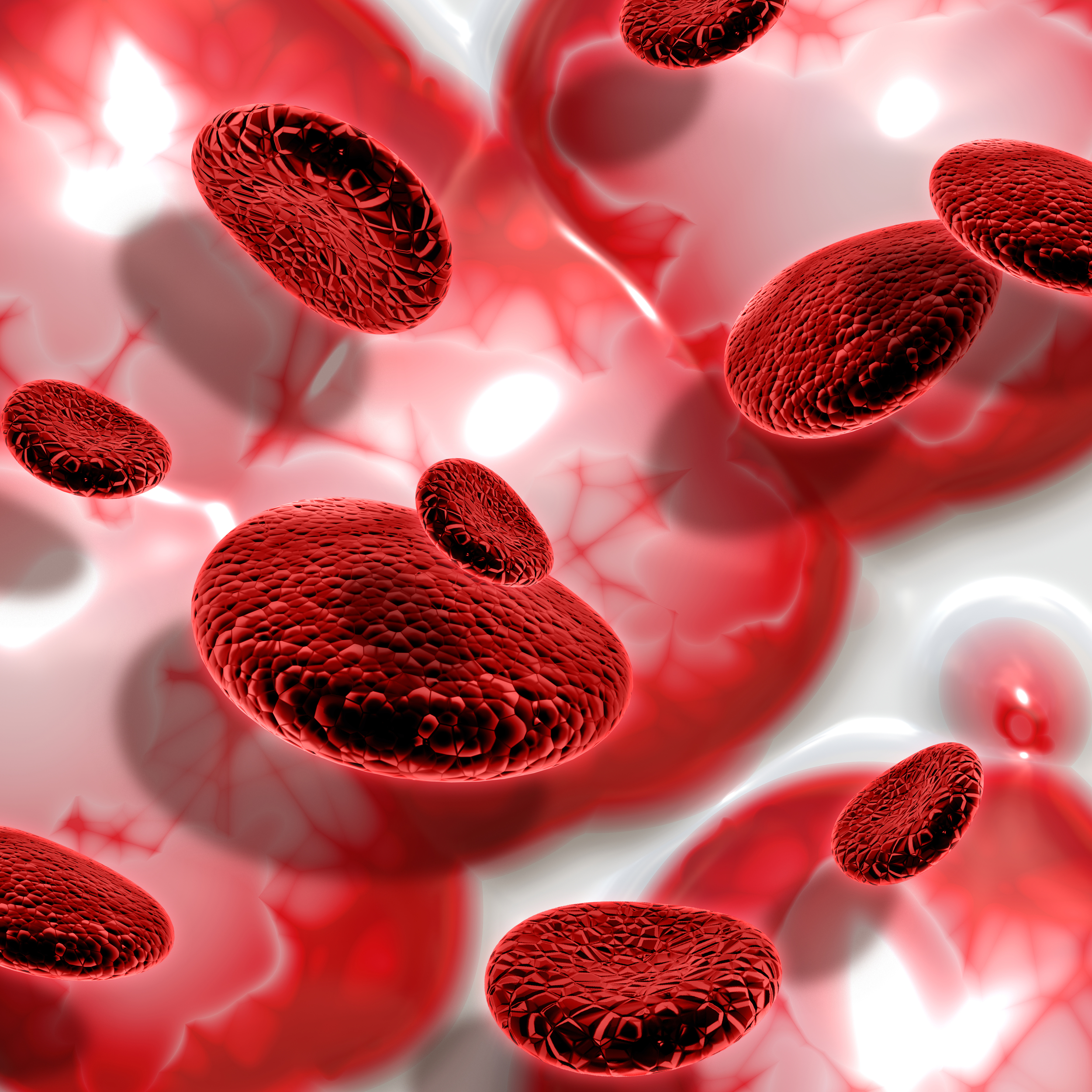

A recent study in Nature Genetics by the Mead Group at the Radcliffe Department of Medicine has uncovered a new way that ongoing inflammation affects TP53-mutant hematopoietic stem cells.
TP53 is a gene that often mutates in cancer. This research looked into how TP53 mutations in hematopoietic stem cells relate to a type of aggressive leukemia.
These blood cells, called hematopoietic stem cells (HSCs), can turn into all types of blood cells, keeping our blood healthy. Previously, TP53 mutations in HSCs were associated with a cancer pathway leading to acute myeloid leukemia. But, how these TP53-mutated cells grow and cause cancer was unclear until now.
Hematopoietic Stem Cells and Inflammation
Ideally, when there’s inflammation, special blood cells called hematopoietic stem cells (HSCs) turn into white blood cells to fight infections. But in people with TP53 mutations in their HSCs, this study found that inflammation makes more of these mutated cells, and they can’t turn into white blood cells as they should.
TP53 is like the “guardian of the genome” because it keeps cells from having genetic errors. If there are errors, TP53 makes the cells die. But in people with faulty TP53, the stem cells can’t keep their genes healthy. So, when there’s inflammation, it’s like a storm that depletes normal HSCs from the bone marrow and lets the TP53-mutated cells grow, leading to a dangerous cancer.
How Stem Cells Evolve into Leukemic Cells
In this research, led by Dr. Alba Rodriguez-Meira, Professor Adam Mead, and Dr. Iléana Antony-Debré, they used a special method called TARGET-seq to examine genetic defects and active genes in individual cells. This method helped them see which hematopoietic stem cells (HSCs) TP53 mutations and how they behaved as the patient’s condition had changed.
By studying cells from patients, they found that the TP53-mutated cells in those more likely to get leukemia had genes linked to inflammation turned on. To confirm this, they used mice and saw that when the mice had inflammation, more cells with TP53 mutations appeared.
Next, the authors examined the typical effect of inflammation in normal and mutant HSCs. They found that TP53-mutant cells generated fewer white blood cells and were resistant to cell death, typically induced by inflammation. It allowed the mutant HSCs to ‘win the race’ and caused the number of TP53-mutant cells in the blood to expand.
This study also investigated how well blood stem cells could keep their genomic integrity with an inflammatory stimulus. The authors discovered that TP53 mutations changed how the cells responded to damage in their genetic code, making them unable to repair genetic errors efficiently. Some of these genetic errors were helping them grow even faster and contributing to cancer development.
Dr Alba Rodriguez-Meira, one of the paper’s co-first authors, said: ‘Overall, these findings offer valuable insights into how genetic defects and inflammation interact in the development of blood cancer. Importantly, this study could pave the way for better methods of early detection and new treatments for TP53-mutant leukaemia and many other cancer types, improving outcomes for cancer patients.’
Professor Adam Mead, said: ‘I am really proud of this work which illustrates how cutting-edge single-cell techniques can provide novel insights into human disease. The connection between inflammation and genetic evolution in cancer has broad implications and the challenge is now to determine how we might intervene in this process to more effectively treat, or even prevent the inflammation associated with cancer progression. I would like to thank the patients who donated samples to support this research at a very difficult time in their lives and also all coauthors and our funders, particularly CRUK and MRC.’
more recommended stories
 Tuberculosis Breakthrough with Experimental Antibiotics
Tuberculosis Breakthrough with Experimental AntibioticsKey Takeaways Experimental antibiotics disrupt a.
 National Healthy Longevity Trial Receives Federal Support
National Healthy Longevity Trial Receives Federal SupportKey Summary Up to $38 million.
 Red Blood Cells Improve Glucose Tolerance Under Hypoxia
Red Blood Cells Improve Glucose Tolerance Under HypoxiaKey Takeaways for Clinicians Chronic hypoxia.
 Nanoplastics in Brain Tissue and Neurological Risk
Nanoplastics in Brain Tissue and Neurological RiskKey Takeaways for HCPs Nanoplastics are.
 AI Predicts Chronic GVHD Risk After Stem Cell Transplant
AI Predicts Chronic GVHD Risk After Stem Cell TransplantKey Takeaways A new AI-driven tool,.
 Red Meat Consumption Linked to Higher Diabetes Odds
Red Meat Consumption Linked to Higher Diabetes OddsKey Takeaways Higher intake of total,.
 Pediatric Crohn’s Disease Microbial Signature Identified
Pediatric Crohn’s Disease Microbial Signature IdentifiedKey Points at a Glance NYU.
 Nanovaccine Design Boosts Immune Attack on HPV Tumors
Nanovaccine Design Boosts Immune Attack on HPV TumorsKey Highlights Reconfiguring peptide orientation significantly.
 High-Fat Diets Cause Damage to Metabolic Health
High-Fat Diets Cause Damage to Metabolic HealthKey Points Takeaways High-fat and ketogenic.
 Acute Ischemic Stroke: New Evidence for Neuroprotection
Acute Ischemic Stroke: New Evidence for NeuroprotectionKey Highlights A Phase III clinical.

Leave a Comment